Šešelj continues cross-examination of Balkan expert
Vojislav Šešelj’s cross-examination of expert prosecution witness Yves Tomich is drawing to a close.
Thursday, 07.02.2008.
16:54

Vojislav Seselj’s cross-examination of expert prosecution witness Yves Tomich is drawing to a close. After a rather long lecture on history and linguistics, Seselj finally came to the gist of his case. Seselj continues cross-examination of Balkan expert It turned out, however, that the question he had asked had been addressed to the wrong witness. The military expert whose evidence is planned for next week will be able to provide the answer. Seselj spent the bulk of the cross-examination trying to show off his knowledge of history and linguistics. Then, as the session drew to a close, he finally asked some questions on the report drafted by the French expert. In his short lecture on history and linguistics, Seselj started with the creation, in his view, of the first Serbian state in the 9th Century. He then moved on to the Serbian state in the Middle Ages ruled by Stefan Nemanja, the passing of the crusades, the first Serbian uprising, World War I and finally to the different dialects used as tools for determining the ethnic backgrounds of various groups in the Balkans. Seselj spent only the last half hour dealing in more detail with the idea of Greater Serbia and its influence on his policy since the late 1980s – the subject of Tomich’s expert report. The accused first attempted to challenge the criminal nature of the Ravna Gora Chetnik movement of Draza Mihajlovic. The French Balkan expert had called Seselj "Mihajlovic’s intellectual descendant.” The defendant countered with the claim that Mihajlovic’s Chetniks had “only” killed 10,000 Muslims during World War II. In his view, this was retaliation and not the result of any intention to ethnically cleanse parts of Bosnia. Tomich replied that in the course of his research he had come upon the same figure, but that this had only covered victims from January and February 1943. In all four years of the war, the number of Muslim victims killed by the Chetniks was much higher. Seselj was clearly upset by the section of the report describing his relationship with Pop Momcilo Djujic. Djujic first promoted him to the rank of Vojvoda – a Chetnik war leader – in the late 1980s in the U.S., and later stripped him of the rank for his collaboration with Slobodan Milosevic. The defendant’s cross-examination of the witness looked more like his own testimony and he was warned repeatedly. As he cross-examined Tomich, Seselj described how Djujic had disowned him publicly under American pressure, after a failed attempt to plant an ‘American spy’, Djordje Prica, as his adviser in Serbia. Prica is now the Bosnian ambassador to the U.S. Djujic never did strip Seselj of his Vojvoda rank because there was no written evidence of it, the accused claimed. Seselj’s last question was the first to deal with “the gist of the case,” as the presiding judge put it. Seselj said that that in his report, Tomich had deliberately mixed up the period when Serb Radical Party volunteers had gone to the front lines independently, and when the JNA had joined the conflict and had taken them in as fighters in their own ranks. According to the accused, he was “at the forefront as the commander” of these volunteer units only in the initial period, thus exonerating him from blame for any events that followed. In the end, it turned out that Tomich was the wrong witness for this question. Judge Antonetti said that the reply would be provided by Reynaud Theunens, the OTP military expert. He is due to take the witness stand next week. The next prosecution witness will testify tomorrow under the pseudonym 004, and using image and voice distortion as protective measures.
Šešelj continues cross-examination of Balkan expert
It turned out, however, that the question he had asked had been addressed to the wrong witness.The military expert whose evidence is planned for next week will be able to provide the answer.
Šešelj spent the bulk of the cross-examination trying to show off his knowledge of history and linguistics. Then, as the session drew to a close, he finally asked some questions on the report drafted by the French expert.
In his short lecture on history and linguistics, Šešelj started with the creation, in his view, of the first Serbian state in the 9th Century.
He then moved on to the Serbian state in the Middle Ages ruled by Stefan Nemanja, the passing of the crusades, the first Serbian uprising, World War I and finally to the different dialects used as tools for determining the ethnic backgrounds of various groups in the Balkans.
Šešelj spent only the last half hour dealing in more detail with the idea of Greater Serbia and its influence on his policy since the late 1980s – the subject of Tomich’s expert report.
The accused first attempted to challenge the criminal nature of the Ravna Gora Chetnik movement of Draža Mihajlović. The French Balkan expert had called Šešelj "Mihajlović’s intellectual descendant.”
The defendant countered with the claim that Mihajlovic’s Chetniks had “only” killed 10,000 Muslims during World War II. In his view, this was retaliation and not the result of any intention to ethnically cleanse parts of Bosnia.
Tomich replied that in the course of his research he had come upon the same figure, but that this had only covered victims from January and February 1943. In all four years of the war, the number of Muslim victims killed by the Chetniks was much higher.
Šešelj was clearly upset by the section of the report describing his relationship with Pop Momcilo Đujić. Đujić first promoted him to the rank of Vojvoda – a Chetnik war leader – in the late 1980s in the U.S., and later stripped him of the rank for his collaboration with Slobodan Milošević.
The defendant’s cross-examination of the witness looked more like his own testimony and he was warned repeatedly. As he cross-examined Tomich, Šešelj described how Đujić had disowned him publicly under American pressure, after a failed attempt to plant an ‘American spy’, Đorđe Prica, as his adviser in Serbia.
Prica is now the Bosnian ambassador to the U.S.
Đujić never did strip Šešelj of his Vojvoda rank because there was no written evidence of it, the accused claimed.
Šešelj’s last question was the first to deal with “the gist of the case,” as the presiding judge put it. Šešelj said that that in his report, Tomich had deliberately mixed up the period when Serb Radical Party volunteers had gone to the front lines independently, and when the JNA had joined the conflict and had taken them in as fighters in their own ranks.
According to the accused, he was “at the forefront as the commander” of these volunteer units only in the initial period, thus exonerating him from blame for any events that followed.
In the end, it turned out that Tomich was the wrong witness for this question. Judge Antonetti said that the reply would be provided by Reynaud Theunens, the OTP military expert. He is due to take the witness stand next week.
The next prosecution witness will testify tomorrow under the pseudonym 004, and using image and voice distortion as protective measures.






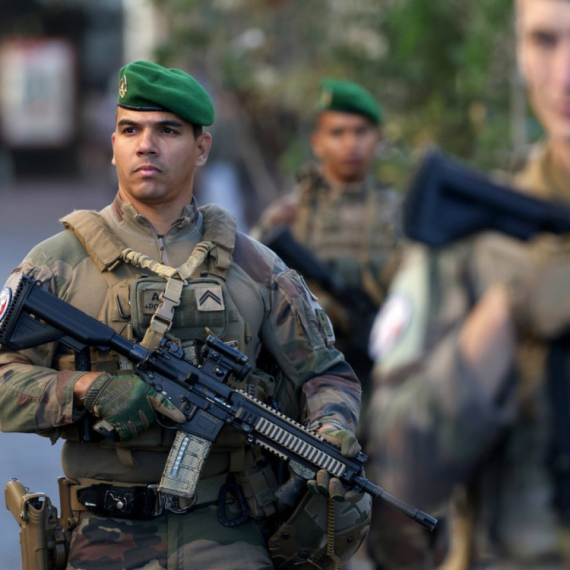



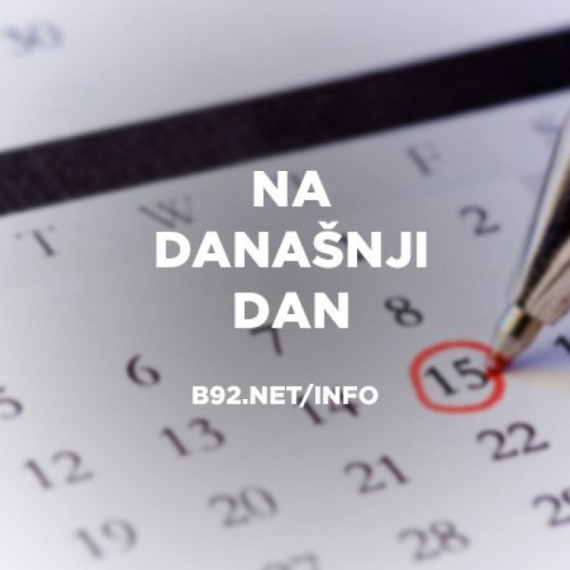

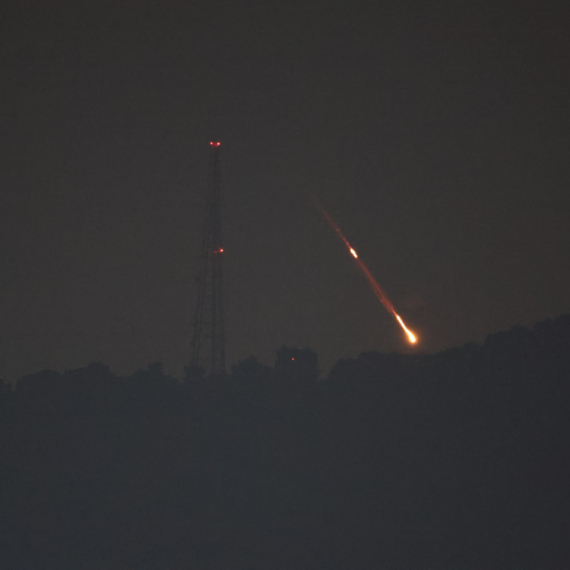
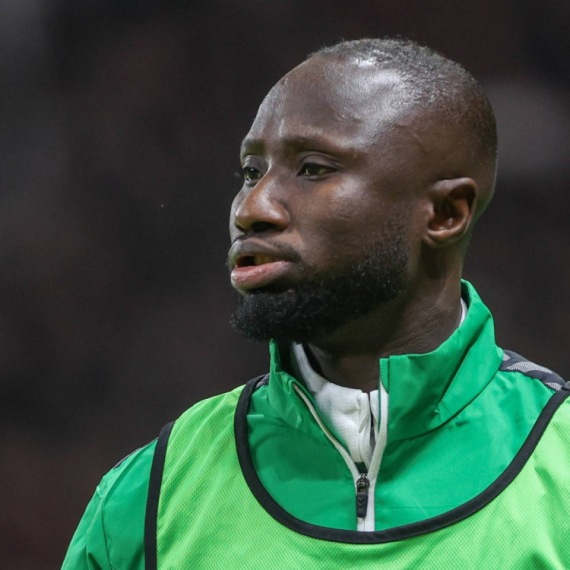
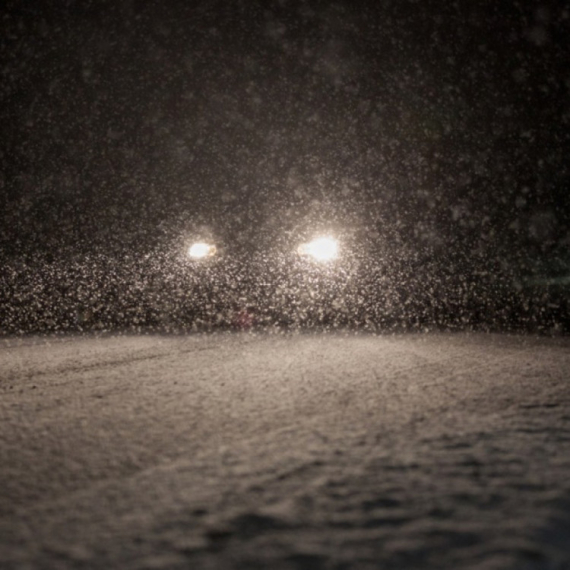
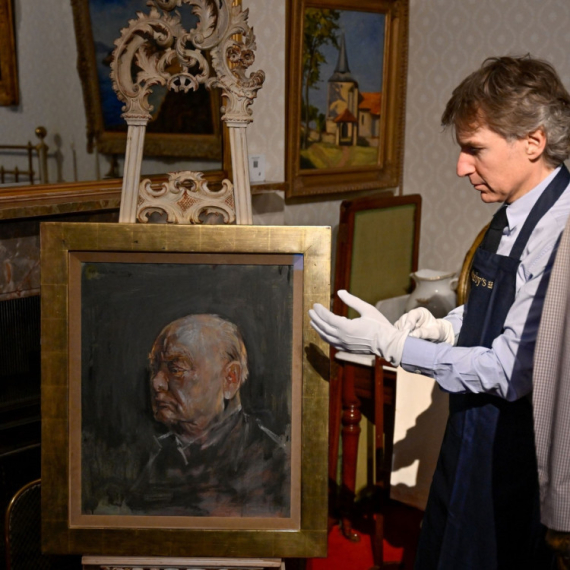
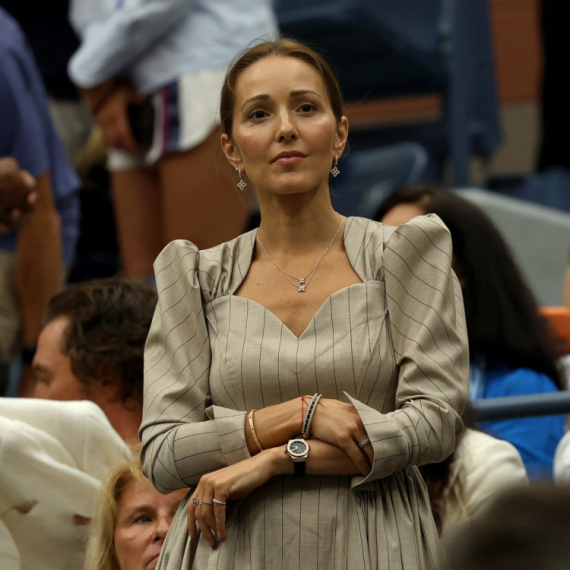
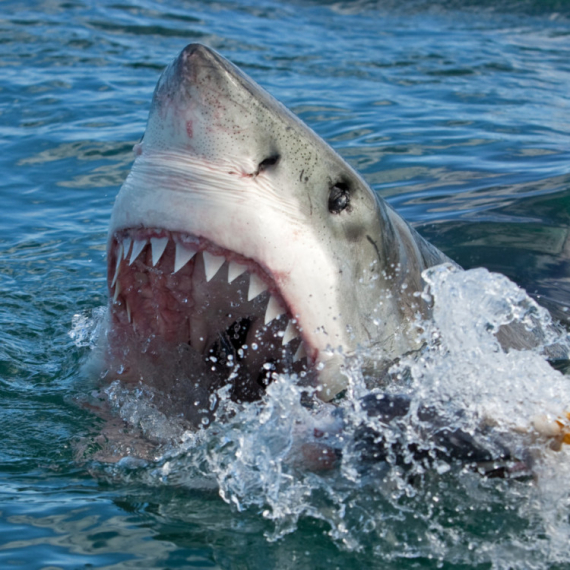
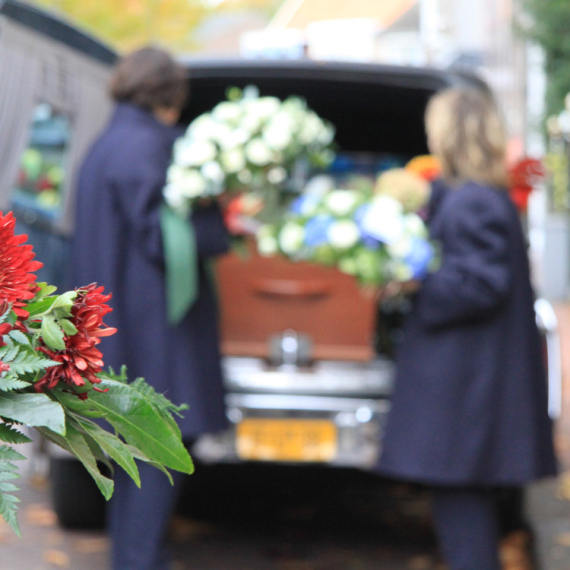
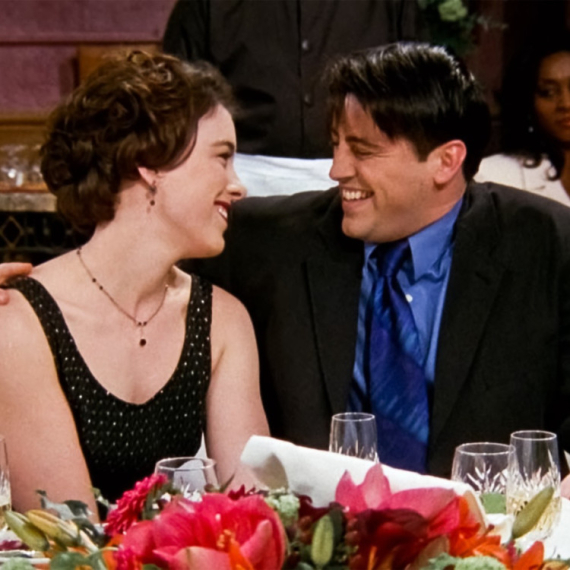















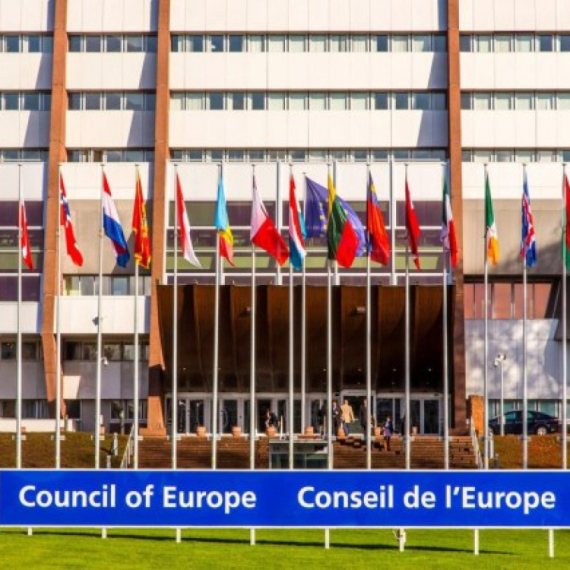














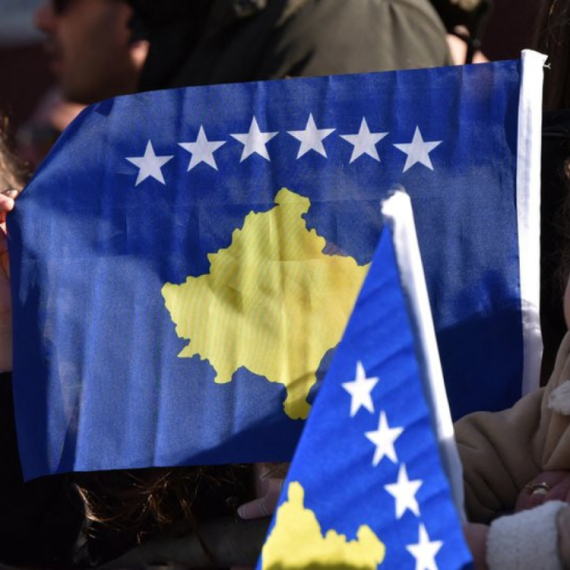
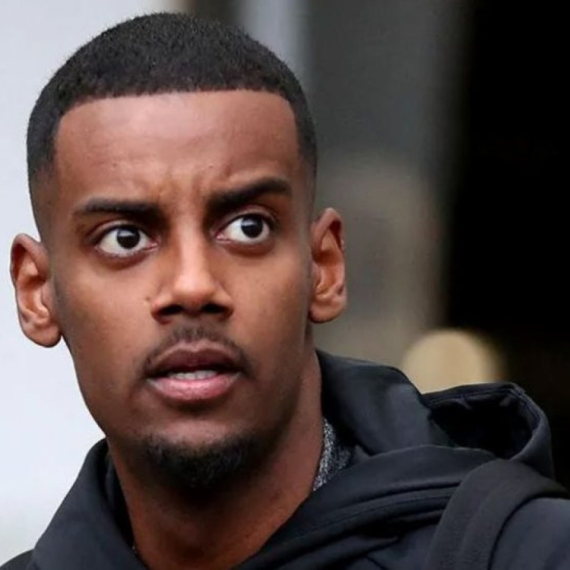




Komentari 3
Pogledaj komentare